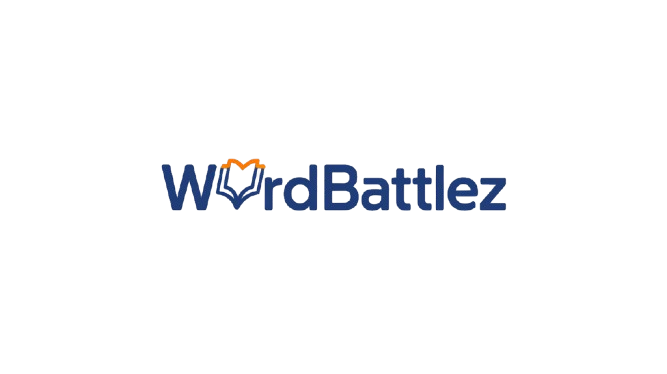The English language is full of words that can trip us up, and one common point of confusion is the difference between “tomorrow” and the misspelled version, “tommorrow.” While they sound alike, only one is correct.
In this article, we’ll clarify the meaning of “tomorrow,” illustrate its proper usage, and highlight why “tommorrow” is incorrect.
Definition and Usage
Let’s start by defining “tomorrow” and understanding its usage.
What Does “Tomorrow” Mean?
“Tomorrow” refers to the day after today. It is used to indicate something that will happen or is expected to happen the following day.
Definition:
- Tomorrow: The day after today.
Examples:
- ✅ “I will finish my project tomorrow.”
- ✅ “She has a meeting scheduled for tomorrow.”
- ✅ “We’re going to the park tomorrow.”
Side-by-Side Comparison
To further emphasize the difference, here’s a simple comparison:
| Correct (Tomorrow) | Incorrect (Tommorrow) |
| ✅ “I’ll see you tomorrow.” | ❌ “I’ll see you tommorrow.” |
| ✅ “The concert is tomorrow.” | ❌ “The concert is tommorrow.” |
| ✅ “Tomorrow is going to be sunny.” | ❌ “Tommorrow is going to be sunny.” |
| ✅ “She’ll call you tomorrow.” | ❌ “She’ll call you tommorrow.” |
| ✅ “Let’s meet tomorrow afternoon.” | ❌ “Let’s meet tommorrow afternoon.” |
As shown in the table, “tomorrow” is the correct form to use in all contexts.
When to Use “Tomorrow“
“Tomorrow” is the word to use whenever you are referring to the day after today. Here are a few contexts where “tomorrow” fits perfectly:
Casual Conversation:
- ✅ “Are we still on for lunch tomorrow?”
Formal Writing:
- ✅ “The report is due tomorrow, so please ensure it’s ready.”
Planning:
- ✅ “I plan to start my new workout routine tomorrow.”
In each case, “tomorrow” clearly conveys the meaning of the following day.
Why You Should Avoid “Tommorrow”
Using “tommorrow” is grammatically incorrect and should be avoided. It is a common misspelling that may confuse readers.
Common Mistake Example:
- ❌ “We have a deadline tommorrow.”
Correction:
- ✅ “We have a deadline tomorrow.”
In this case, the misspelling can lead to misunderstandings about the urgency of the deadline.
Everyday Usage Examples
To reinforce our understanding, here are practical examples of how to use “tomorrow” in everyday situations:
- ✅ “I have a dentist appointment tomorrow.”
- ✅ “She will submit her application tomorrow.”
- ✅ “Tomorrow is the last day to register for the event.”
- ✅ “Let’s finish our work today so we can relax tomorrow.”
- ✅ “I’ll call you tomorrow to discuss the details.”
Conclusion
Understanding the correct spelling and usage of “tomorrow” is essential for effective communication.
While “tommorrow” may be a common mistake, it is important to remember that only “tomorrow” is correct.
By using the right term, you can convey your message clearly and avoid unnecessary confusion.
Meta Description:
Discover the correct usage of “tomorrow” versus the incorrect “tommorrow.” Learn about its meaning, practical examples, and tips for everyday communication!

















